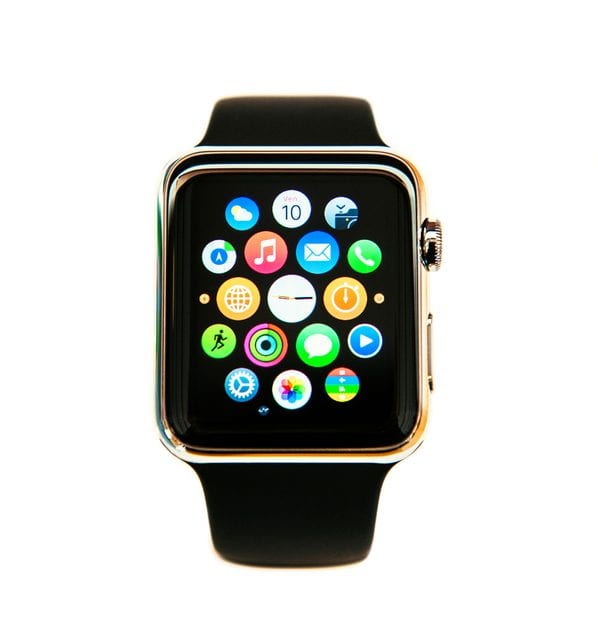The Guardian gives readers the lowdown on free apps, wearable sensors, and other devices to help them keep tabs on their sleep habits.
If you want to get started with sleep tracking, a free app for your smartphone is the cheapest way to go. Sleep Cycle is one of the best for Android or iPhone and works by tracking your movements either using your phone’s accelerometer when placed on your bed next to your pillow or using the microphone to listen to your movements when placed on a bedside table.
You get analysis including a simple graph, an intelligent alarm designed to wake you up in a lighter sleep cycle, and integration with Apple Health or Google Fit for free. A premium upgrade of £29.99 adds various sleep aids through sound, more alarms, sleep history synced to SleepSecure and snore detection.
The Chinese firm Xiaomi is the world’s second largest wearables company behind Apple for good reason: its affordable fitness trackers are feature-packed and great.
The Mi Band 4 is one of the lowest-priced fitness trackers with a heart rate sensor and comprehensive health tracking and lasts up to 20 days between charges. For sleep, it will automatically track the basics, including duration, deep and light sleep, interruptions, how long it took to nod off and to wake up. It will also continuously track your heart rate while you are wearing it and you can set vibrating alarms for the morning.


